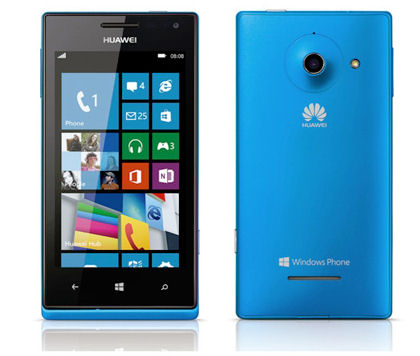Here's the relevant portion of the article:
"We will continue to develop devices running Windows Phone, and launch more products," Richard Ren, Huawei executive who heads the company's consumer unit in Europe, told reporters in Stockholm on Thursday. "We remain one of Microsoft's strategic partners."
While this report does seem to indicate that Huawei remain committed to Windows Phone, it is important to to note that only a small proportion of the smartphones it currently sold by the company currently run Microsoft's mobile platform. Huawei is estimated to have sold around 10 million smartphones in the last quarter, of which around 200,000 (2%) were running Windows Phone.
Moreover, it is unlikely that there has been time for Huawei to fully consider the strategic implications of the Microsoft Nokia deal. A change in future strategy is still entirely possible.
On the other hand, Huawei is well placed to provide secondary Windows Phone handsets in a market dominated by Lumia (Microsoft) handsets. Huawei's relatively low cost base means it is able to produce smartphones that are price competitive with any other manufacturer, something that is particularly important at the low end of the market, and is desirable for operators looking to provide a degree of choice to consumers and maintain leverage over other handset suppliers.

If Windows Phone gains sufficient market share and momentum there is every reason to suppose that smaller manufacturers will choose to start producing Windows Phone based handsets, just as they did with Android. However, the point at which this become economically sustainable is open to debate, although it is clear the the point is significantly higher than Windows Phone's current market share.
